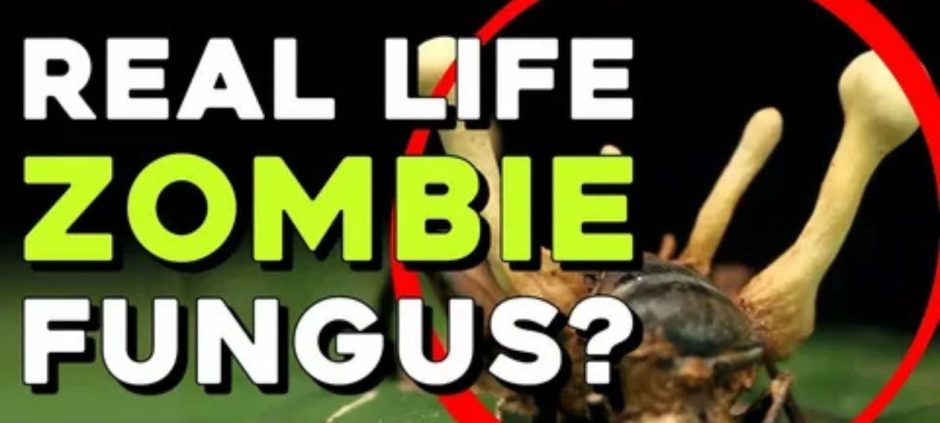Nature’s Real-Life Zombies Reveal Lessons For Humans
Nature’s real-life zombies aren’t just the stuff of horror movies; they’re living examples of how powerful, adaptive, and interconnected life can be. Scientists have long studied real-life zombies in nature, particularly in insects and fungi, to understand survival, control, and resilience at a microscopic level.
The most fascinating example is the Ophiocordyceps unilateralis, also known as the zombie-ant fungus. This parasite infects ants, hijacks their central nervous system, and compels them to climb to specific spots before taking their lives, only to release spores that infect others. The eerie process has even inspired Hollywood storylines and hit series.
For instance, the science behind these zombie fungi has been explored in popular culture and scientific discussions alike. You can read more about such real-world parallels in this detailed piece on The Last Of Us In Real Life, which connects biology with fiction.
Researchers say these real-life zombies show how organisms adapt to extreme conditions and evolve strategies for survival. It’s a chilling yet thought-provoking look into nature’s intelligence.
Key Lessons Humans Can Learn From Nature’s Real-Life Zombies:
- Adaptability: Even parasitic fungi evolve to control hosts precisely, reminding us that adaptability ensures survival.
- Balance: Every organism, even destructive ones, plays a role in maintaining ecological balance.
- Awareness: The way the fungus detects and reacts to its environment reflects the power of biological awareness.
- Limits of Control: Nature’s zombies remind humans that control can be an illusion, and systems can turn against their creators.
- Coexistence: Despite being parasitic, these interactions sustain cycles of life and death in ecosystems.
Experts believe that studying these real-life zombies can lead to advancements in medicine, neuroscience, and ecology. The complex relationship between host and parasite mirrors larger themes in human behavior from power and manipulation to adaptation and resilience.
In the end, nature’s real-life zombies don’t just horrify; they teach. They show how life, in all its forms, finds a way to persist, evolve, and sometimes control.











